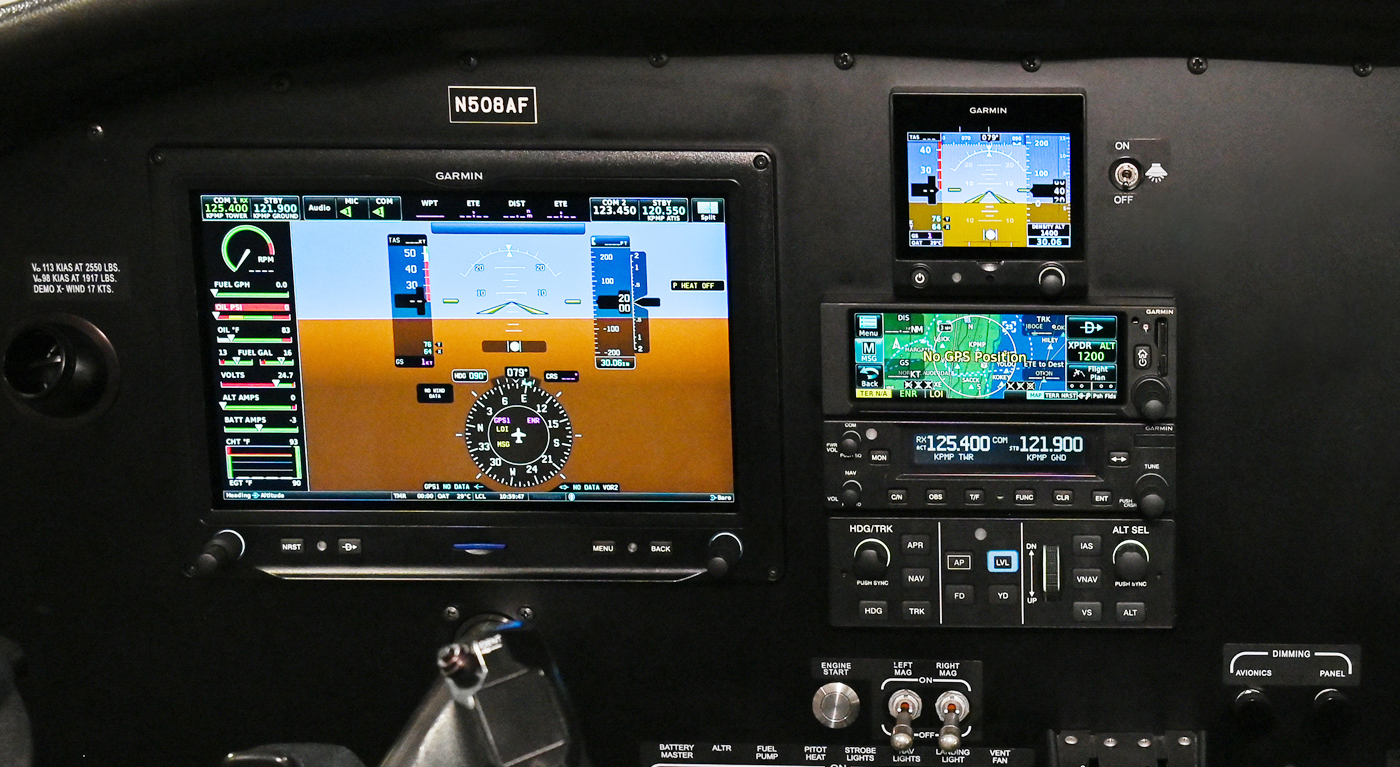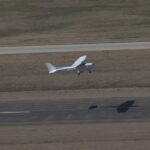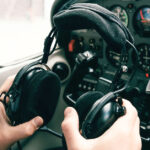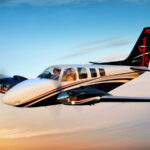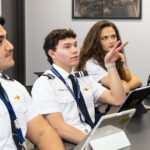As a pilot, the evolution of aviation technology has undoubtedly changed the landscape of flying in the past 20 years.
The advancements in avionics, the introduction of apps like Foreflight, and the development of Garmin’s innovative technology have all revolutionized how pilots navigate, communicate, and operate aircraft. These technologies have undoubtedly enhanced the safety, efficiency, and convenience of aviation operations. However, the question remains: as a pilot, are you relying too heavily on technology?
While technology has undeniably made our lives easier in many ways, pilots must remember that proficiency in the basics of flying is paramount. A good pilot should always be learning and honing their skills, regardless of the level of technology available to them. Our National Chief Pilot, Steven Daun, wisely advises mastering the basics before delving into advanced technological tools like Foreflight. Understanding concepts such as weight and balance calculations, cross-country flight planning, and manual flight operations are vital skills that every pilot should possess, regardless of the sophistication of the technology at their disposal.
The allure of automation and advanced avionics systems like the Garmin G1000 can sometimes lead pilots to become overly reliant on technology. The concept of being a ‘child of the magenta line’ speaks to this over-dependency on automation to guide the aircraft. While automation can certainly streamline processes and enhance situational awareness, pilots must not lose sight of the importance of manual flying skills and system knowledge. Knowing how to operate an autopilot system, understanding the various modes and functions, and being able to troubleshoot in case of system failures are all vital skills that every pilot must possess.
Pilots need to strike a balance between embracing technology and maintaining proficiency in traditional piloting skills. Technology should be seen as a tool to aid in flying, not as a crutch for pilots to rely on exclusively. The ability to adapt to changing circumstances, think critically, and make quick decisions in high-pressure situations are all skills that technology cannot replace. As the saying goes, “Aviate, Navigate, Communicate.” These fundamental principles of flying should always be at the forefront of a pilot’s mind, regardless of the level of technology available.
While aviation technology has, without a doubt, transformed the way pilots operate aircraft, it is essential that pilots not become overly dependent on technology. Embrace technology, but never forget the importance of mastering the basics of flying. Proficiency in manual flying skills, systems knowledge, and critical thinking are all important qualities of a competent pilot. By understanding how technology works, pilots can ensure they are well-equipped to handle any situation, even in the event of technology failure. Remember, a good pilot is always learning.
If you’re interested in discussing this topic in more detail, please feel free to send me an email at, Andrew.Henley@AmericanFlyers.com. If you’re interested in flight training, please contact us at, 1-800-362-0808 or visit our website at, www.AmericanFlyers.com. Fly safe!
Andrew F. Henley
President, American Flyers




